Filter News
Area of Research
News Topics
- (-) Net Zero (1)
- (-) Transportation (4)
- 3-D Printing/Advanced Manufacturing (5)
- Advanced Reactors (7)
- Artificial Intelligence (13)
- Big Data (6)
- Bioenergy (4)
- Biology (6)
- Biomedical (3)
- Biotechnology (1)
- Buildings (2)
- Chemical Sciences (6)
- Climate Change (5)
- Composites (1)
- Computer Science (21)
- Coronavirus (2)
- Critical Materials (1)
- Cybersecurity (19)
- Decarbonization (4)
- Energy Storage (6)
- Environment (7)
- Exascale Computing (2)
- Fossil Energy (1)
- Frontier (2)
- Fusion (23)
- Grid (8)
- High-Performance Computing (6)
- Isotopes (1)
- ITER (6)
- Machine Learning (12)
- Materials (3)
- Materials Science (7)
- Microscopy (1)
- Nanotechnology (2)
- National Security (34)
- Neutron Science (5)
- Nuclear Energy (31)
- Partnerships (7)
- Physics (2)
- Quantum Science (1)
- Security (13)
- Simulation (4)
- Space Exploration (1)
- Summit (2)
- Sustainable Energy (7)
Media Contacts
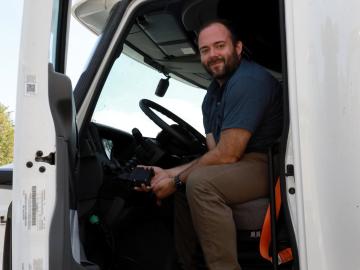
As vehicles gain technological capabilities, car manufacturers are using an increasing number of computers and sensors to improve situational awareness and enhance the driving experience.
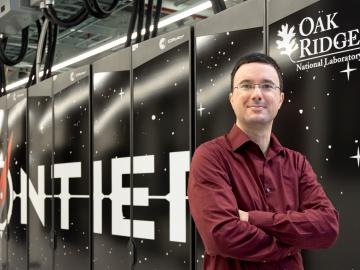
As renewable sources of energy such as wind and sun power are being increasingly added to the country’s electrical grid, old-fashioned nuclear energy is also being primed for a resurgence.
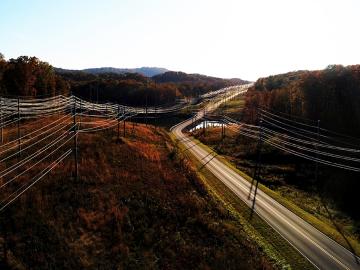
ORNL and the Tennessee Valley Authority, or TVA, are joining forces to advance decarbonization technologies from discovery through deployment through a new memorandum of understanding, or MOU.
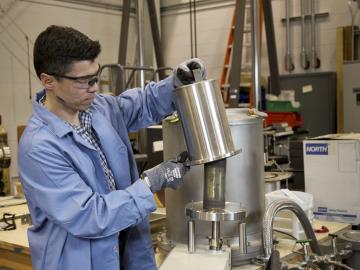
As program manager for the Department of Energy’s Oak Ridge National Laboratory’s Package Testing Program, Oscar Martinez enjoys finding and fixing technical issues.
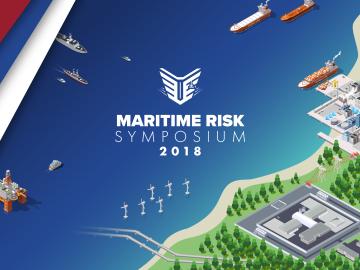
Thought leaders from across the maritime community came together at Oak Ridge National Laboratory to explore the emerging new energy landscape for the maritime transportation system during the Ninth Annual Maritime Risk Symposium.




